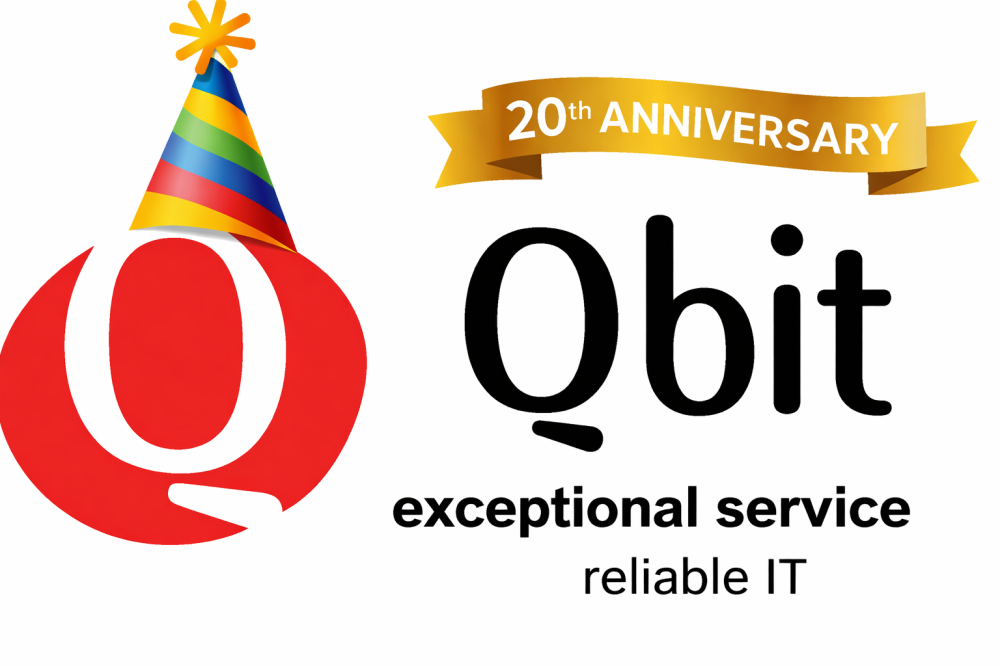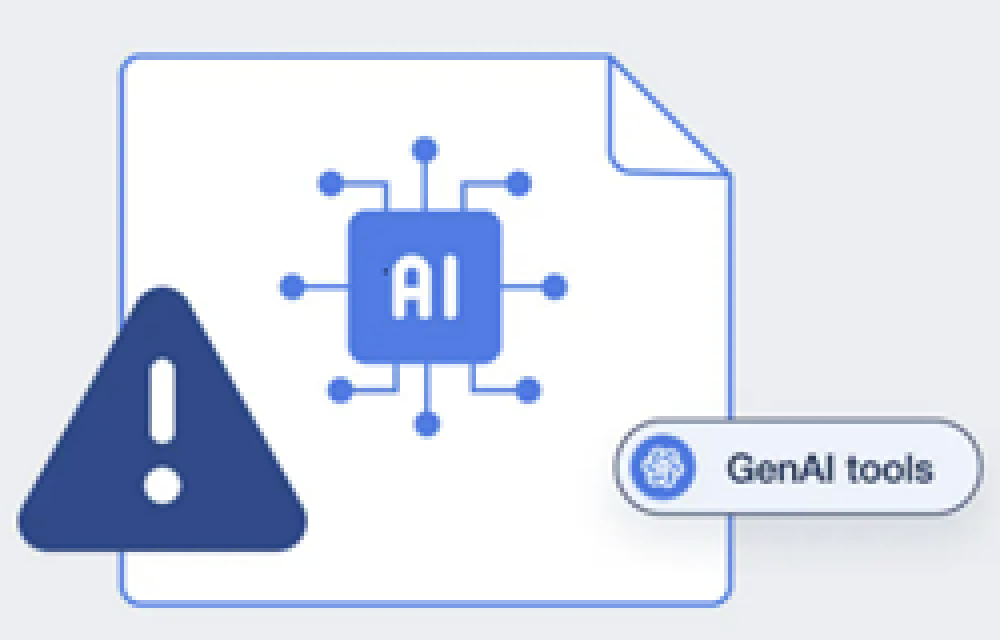As of 30 May 2025, Australian businesses earning over $3 million annually are now legally required to report any ransomware payments made to cybercriminals. This new regulation is part of a broader national strategy to increase transparency, accountability, and cyber resilience [1].
But here’s the real question: why wait until you’re forced to report a breach when you can prevent one altogether?
The Cost of a Cyber Attack
Ransomware attacks are no longer rare or random. They are targeted, sophisticated, and devastating. Beyond the immediate financial loss, businesses face reputational damage, operational downtime, legal consequences, and now—regulatory scrutiny. The new reporting requirements mean that any payment to hackers will not only be costly but also publicly documented.
According to the Australian Signals Directorate’s Annual Cyber Threat Report 2023–24, over 94,000 cybercrime reports were made in the past year—an increase of 23% from the previous year. That’s one report every 6 minutes [1]. The most common threats included ransomware, business email compromise (BEC), and data breaches. In fact, BEC remained the top incident type responded to by incident response teams in 2025 [2].
Prevention is Better Than Cure
At Qbit IT Solutions, we believe that proactive defence is the smartest investment a business can make. Our Managed Security Services are designed to detect, deter, and defend against cyber threats before they can cause harm. From real-time threat monitoring to endpoint protection and incident response planning, we provide a comprehensive security framework tailored to your business needs.
Compliance: Your First Line of Defence
Achieving and maintaining security compliance is no longer optional—it’s essential. Two key approaches include:
- SMB1001: Developed by Australia is now an International certifiable cybersecurity standard that demonstrates your organisation’s commitment to best-practice security controls. Certification can boost customer confidence, meet contractual obligations, and reduce insurance premiums.
- Essential Eight: A practical, risk-based framework developed by the Australian Cyber Security Centre (ACSC) that helps organisations mitigate the most common cyber threats. It includes strategies like application whitelisting, patch management, and multi-factor authentication.
Qbit can help you implement the Essential Eight and guide you through the process of achieving SMB1001 certification—ensuring your business is both secure and compliant.
A Partner for Your Internal IT Team
Whether you have an in-house IT team or not, Qbit can be the cybersecurity partner that fits your structure. We can work alongside your internal IT staff—managing the cybersecurity landscape while they focus on supporting your team and operations. Or, if you prefer a fully managed solution, we can take care of everything end-to-end. Our flexible approach means you get the support you need, how you need it.
Why Partner with Qbit?
- 24/7 Monitoring & Response: Our security operations centre keeps watch around the clock so you don’t have to.
- Compliance-Ready: We help you stay ahead of evolving regulations like the new ransomware reporting laws and align with standards like SMB1001 and the Essential Eight.
- Expertise You Can Trust: With decades of experience and a deep understanding of the Australian threat landscape, we’re your frontline defence.
- Business Continuity: We don’t just protect your data—we protect your ability to operate.
- Flexible Engagement: Whether you need full-service cybersecurity or a partner to support your internal IT, Qbit is here to help.
Don’t Wait for a Breach
The new legislation is a wake-up call. It’s no longer enough to hope you won’t be targeted. Businesses must act decisively to secure their digital assets and customer trust.
Let Qbit be your cybersecurity partner. Because when it comes to ransomware, prevention isn’t just better than cure—it’s essential.
References
[1] Reports and statistics – Cyber.gov.au
[2] CyberCX 2025 Threat Report Highlights Emerging Risks


